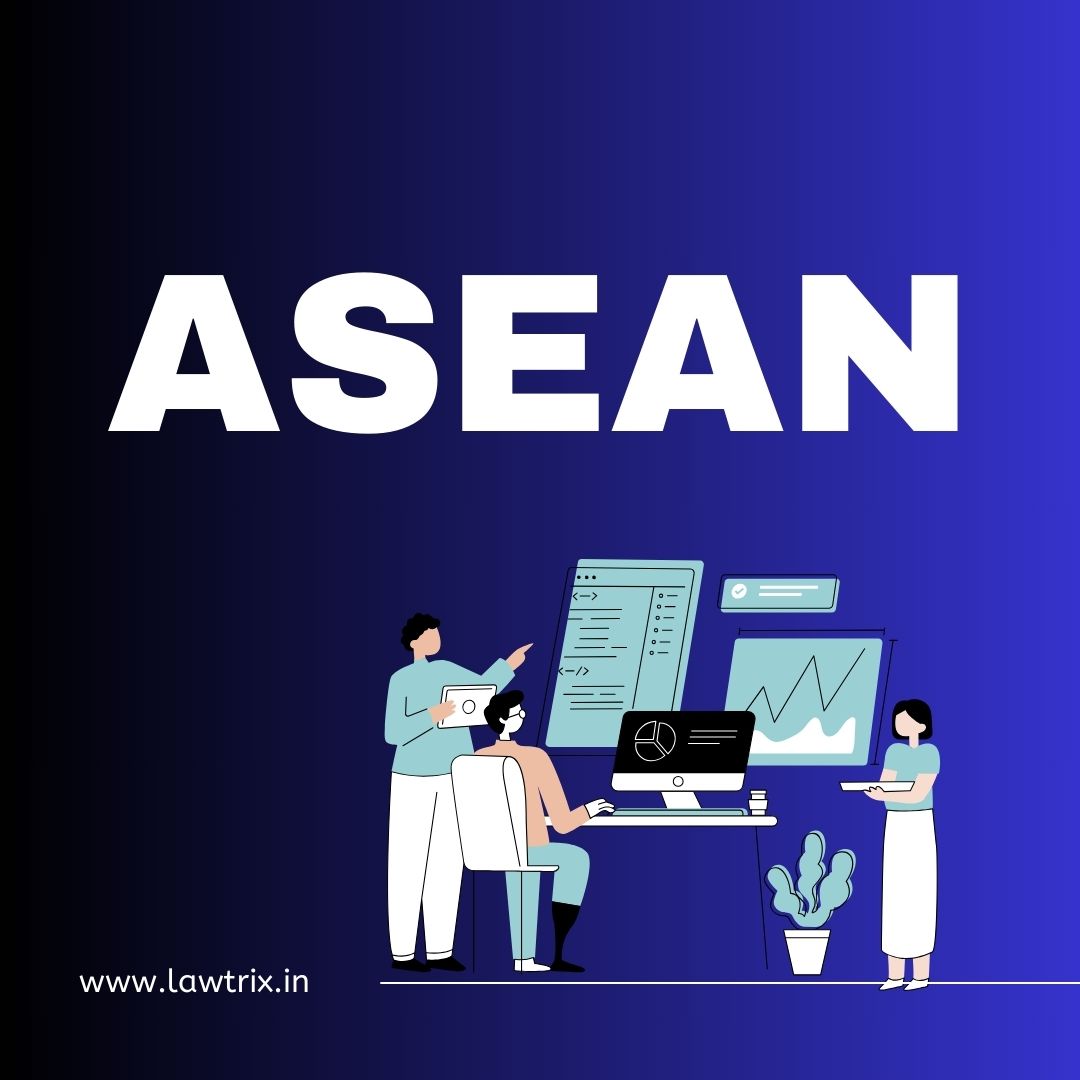


ASEAN,
the Association of Southeast Asian Nations, is a regional intergovernmental
organization comprising ten Southeast Asian countries. It was established in 1967,
with the signing of the ASEAN Declaration (Bangkok Declaration) by the founding
members: Indonesia, Malaysia, the Philippines, Singapore, and Thailand. Over
the years, the membership has expanded to include Brunei, Vietnam, Laos,
Myanmar, and Cambodia.
The
primary objectives of the association are "to accelerate economic growth,
social progress and cultural development in the region", and "to
promote regional peace and stability through abiding respect for justice and
the rule of law in the relationship among countries in the region and adherence
to the principles of the United Nations Charter."
Objectives and Principles
ASEAN
aims to promote political and economic cooperation and regional stability among
its members. The primary objectives include:
Economic Growth:
Accelerating economic growth, social progress, and cultural development in the
region.
Regional Peace:
Promoting regional peace and stability through respect for justice and the rule
of law in the relationship among countries in the region.
Collaboration:
Promoting active collaboration and mutual assistance on matters of common
interest in various fields.
Education and Training:
Providing assistance to each other in the form of training and research
facilities.
Agriculture and Industry:
Collaborating more effectively for the greater utilization of agriculture and
industries, the expansion of trade, including the study of the problems of
international commodity trade, the improvement of transportation and
communications facilities, and the raising of the living standards of the
peoples.
Close and Beneficial Cooperation:
Promoting Southeast Asian studies and maintaining close and beneficial
cooperation with existing international and regional organizations.
Structure and Mechanisms
ASEAN
operates through several mechanisms and structures:
ASEAN Summit:
The highest policy-making body, comprising the heads of state or government of
member states.
ASEAN Coordinating Council:
Coordinates the implementation of decisions from the ASEAN Summit.
ASEAN Community Councils:
Cover three pillars—Political-Security Community, Economic Community, and
Socio-Cultural Community.
ASEAN Secretariat:
Facilitates and coordinates ASEAN’s activities, based in Jakarta, Indonesia.
Economic
Integration
ASEAN has made significant strides
toward economic integration:
ASEAN Free Trade Area (AFTA):
Established to eliminate tariffs and non-tariff barriers among member
countries.
ASEAN Economic Community (AEC):
Aimed at creating a single market and production base, a highly competitive
economic region, equitable economic development, and integration into the
global economy.
Political and Security Cooperation
ASEAN
engages in various political and security cooperation initiatives to ensure
regional stability:
ASEAN Regional Forum (ARF):
A platform for dialogue on political and security issues.
ASEAN Defence Ministers' Meeting
(ADMM): Aims to promote mutual trust and confidence through
greater understanding of defense and security challenges.
Socio-Cultural Cooperation
ASEAN
also emphasizes socio-cultural development:
ASEAN Socio-Cultural Community
(ASCC): Focuses on building a community that engages and
benefits the people and is inclusive, sustainable, resilient, and dynamic.
Challenges
and Opportunities
Despite its achievements, ASEAN
faces several challenges, including Economic Disparities, Political Differences and Regional
Security. However, the opportunities
for ASEAN are vast, including harnessing its strategic location, young
population, and growing economies to enhance its global influence and economic
prosperity.